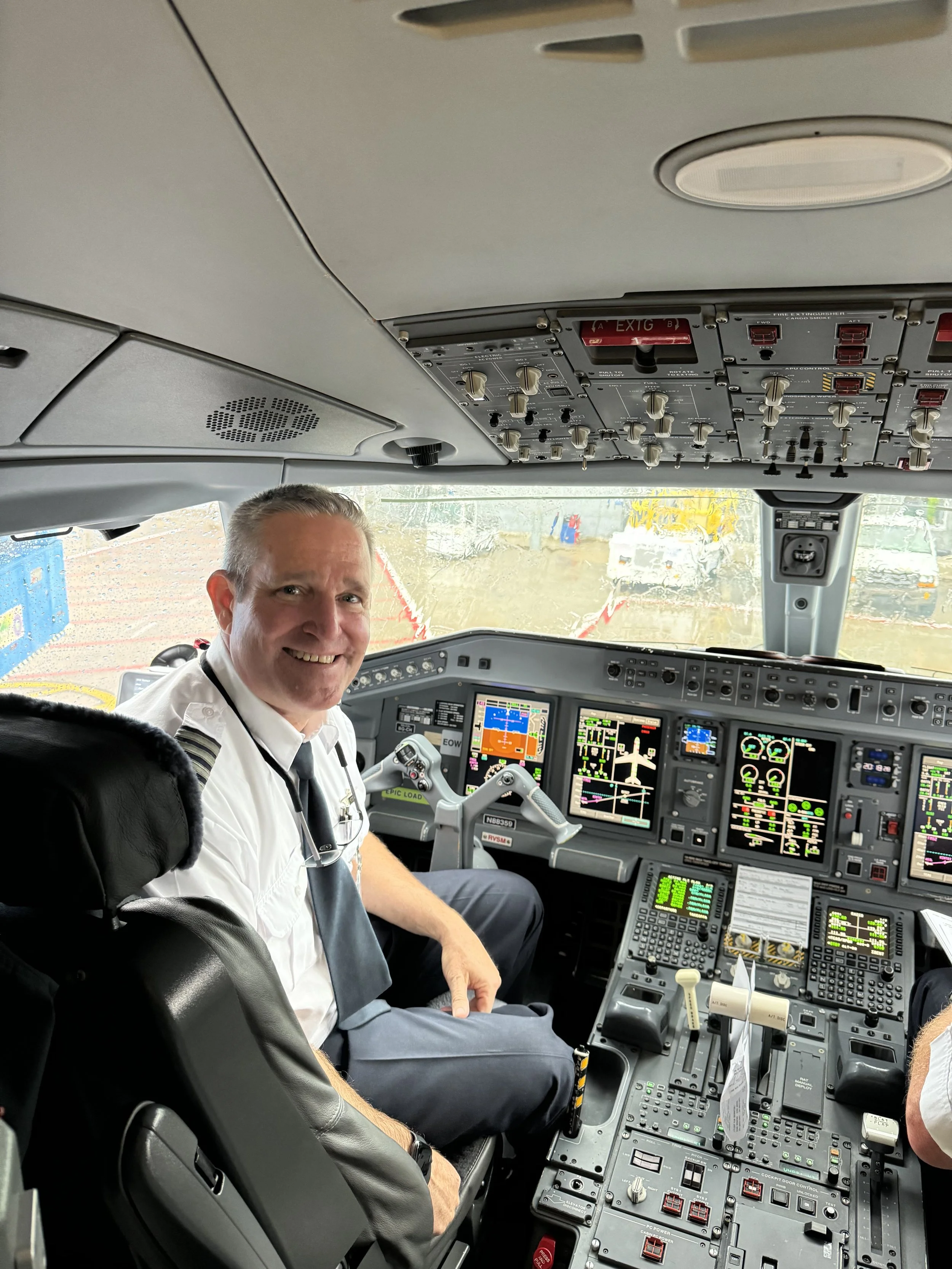Experience
I have heard that, “Experience is the thing that you need right after you get it.”
In my time of over 30 years in the aviation industry this adage has proven true more than once. When I was a flight instructor teaching other CFI’s and pilots I would refer to the F.O.I. (Fundamentals of Instructing) which defined learning as “a change in behavior as a result of experience.”
My experience in studying for several Type Ratings has shown me that learning about a new aircraft can be challenging due to the volume and complexity of the information. My change in behavior, driven by the requirement to demonstrate a knowledge of the aircraft I am typed in, became my motivation for starting a business that has helped other aviation professionals. In my career I have discovered that one of the best ways to learn the systems of a new aircraft is through the use of Study Cards. Some of the benefits of Study cards are…
1. Focused Learning:
Targeted Information: Study cards allow you to break down complex systems into smaller, manageable pieces of information, making it easier to focus on specific aspects of the system.
2. Active Recall:
Memory Enhancement: Actively recalling information by testing yourself with study cards strengthens memory retention and helps transfer knowledge to long-term memory.
3. Repetition and Spacing:
Reinforcement Over Time: Study cards facilitate spaced repetition, a learning technique where information is reviewed at increasing intervals to enhance retention.
4. Portability:
Study Anywhere: Study cards are portable and can be used anywhere—whether during downtime, on breaks, or while commuting. This flexibility helps maximize study time.
5. Customization:
Tailored Content: You can add notes to personalize your study cards to focus on areas where you need more practice, allowing you to tailor your learning to your specific needs.
6. Engagement:
Interactive Learning: Using study cards can be more engaging than reading through manuals or textbooks, making it easier to stay motivated and focused during study sessions.
7. Self-Assessment:
Immediate Feedback: Study cards provide instant feedback. You can quickly assess your knowledge and identify areas that require further study, helping to target weak spots.
8. Efficiency:
Quick Reviews: Study cards enable quick reviews of complex material, making them ideal for refreshing your knowledge before check rides or recurrent training.
9. Simplification of Complex Topics:
Digestible Information: By summarizing and simplifying complex systems into key points on study cards, you can make the learning process more manageable and less overwhelming.
10. Adaptability:
Scalability: You can start with a few cards and gradually build a more comprehensive deck as you become more familiar with the aircraft systems, allowing you to scale your learning process.
11. Collaboration:
Group Study: Study cards can be used in group study sessions, where peers quiz each other, facilitating collaborative learning and discussion.
12. Confidence Building:
Mastery of Material: Regular use of study cards can build your confidence as you begin to master the material, ensuring you're well-prepared for oral tests and real-world application.
Study cards offer an efficient, customizable, and engaging way to master complex aircraft systems, making them a valuable tool in a pilot’s study arsenal.
“I’m passionate about sharing tools that help other aviation professionals become more knowledgeable about their aircraft.”
Captain Ron Jenkins


